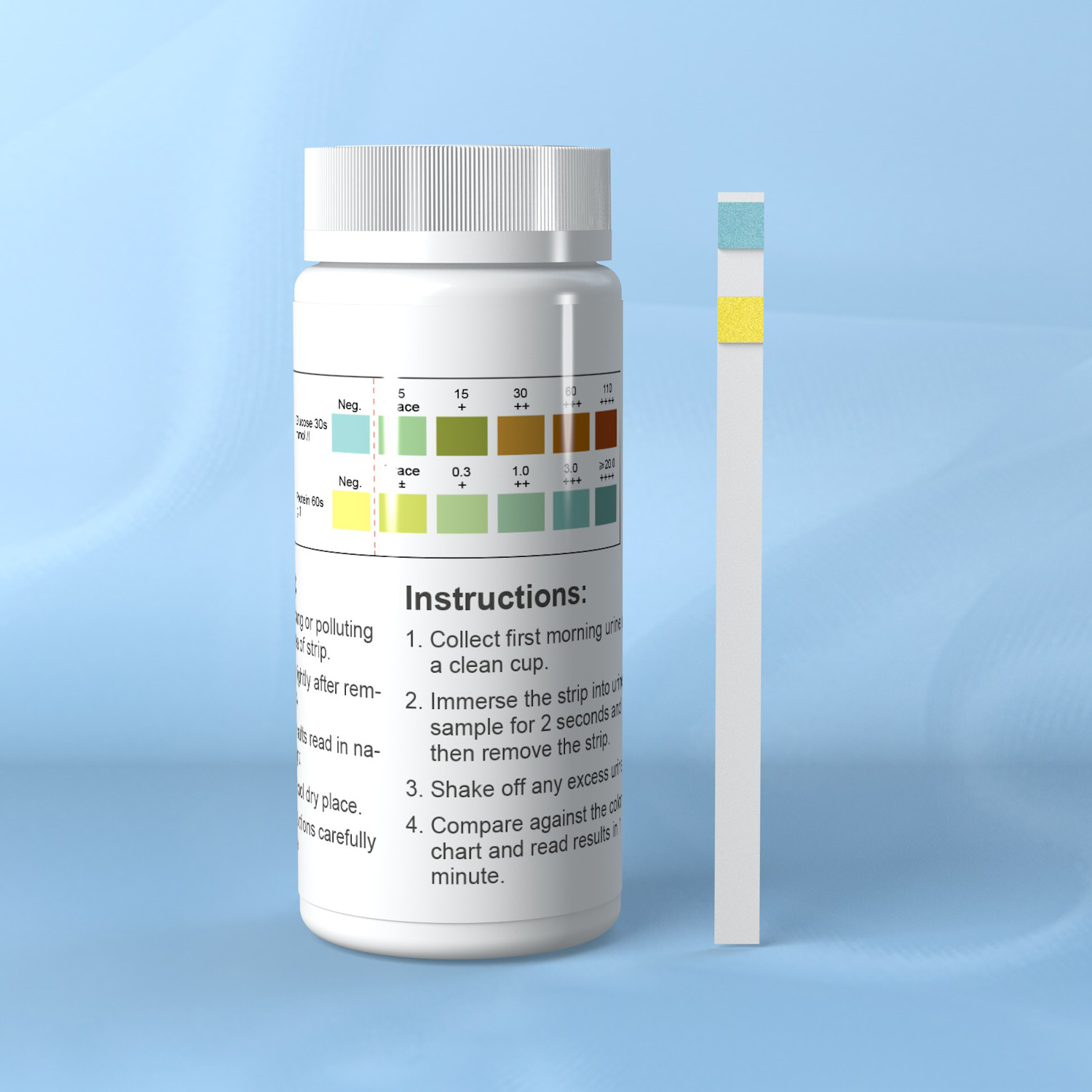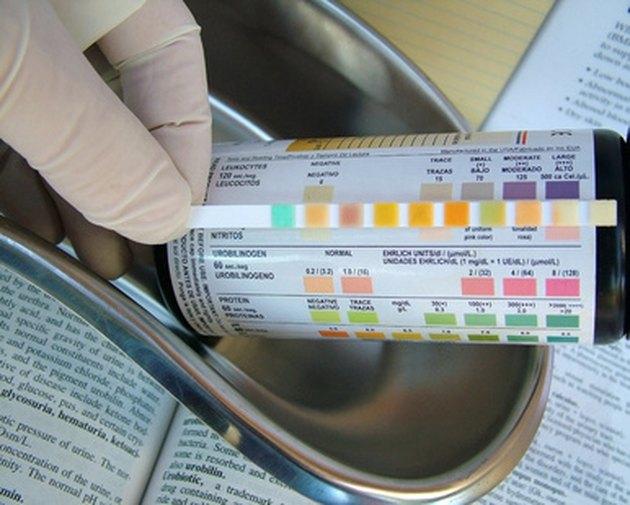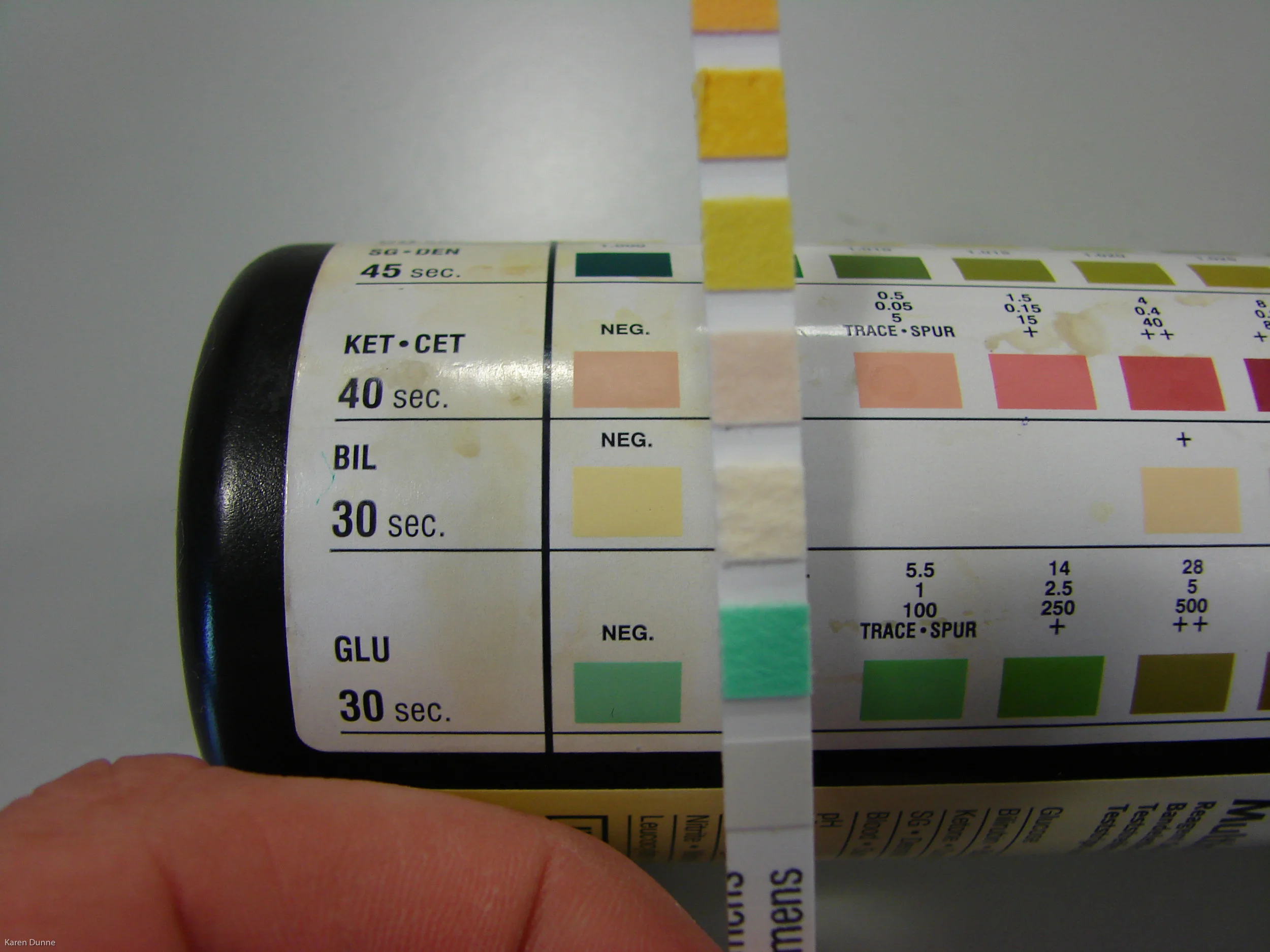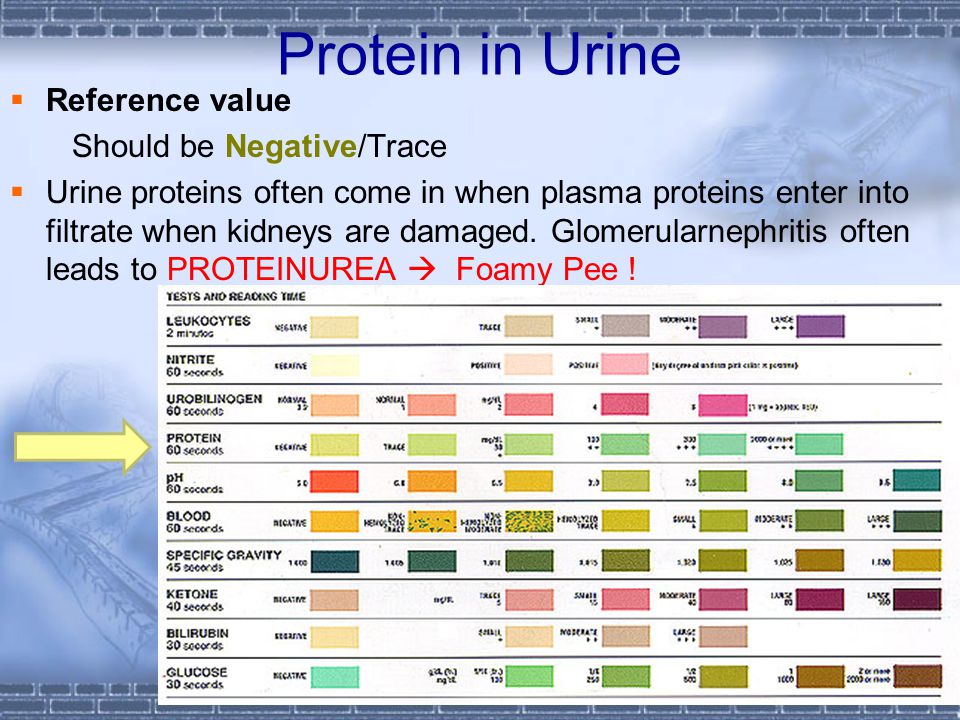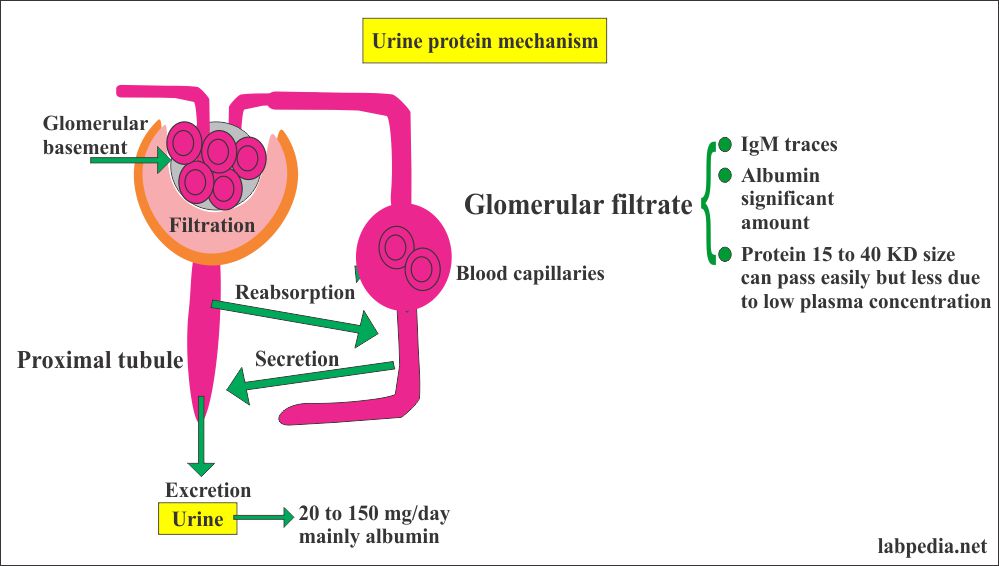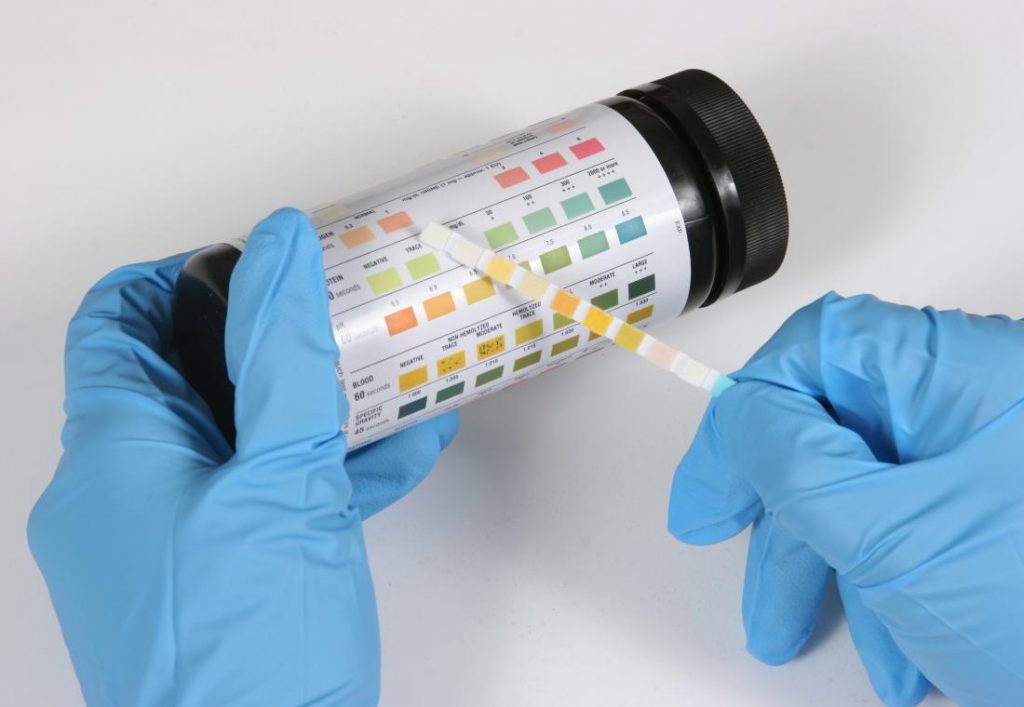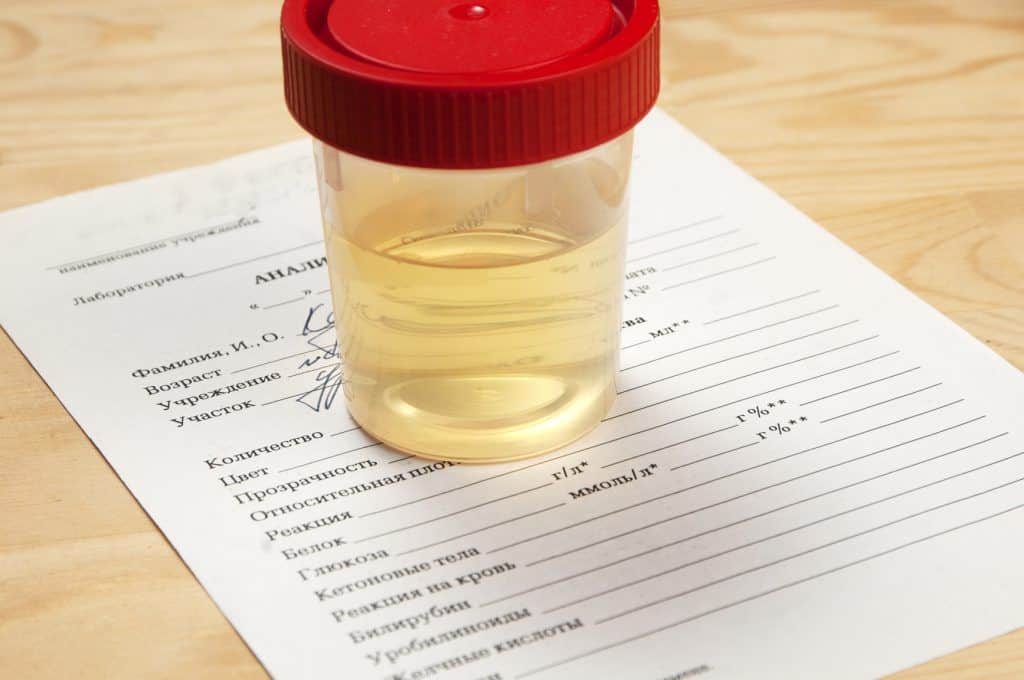Underrated Ideas Of Info About How To Check For Protein In Urine
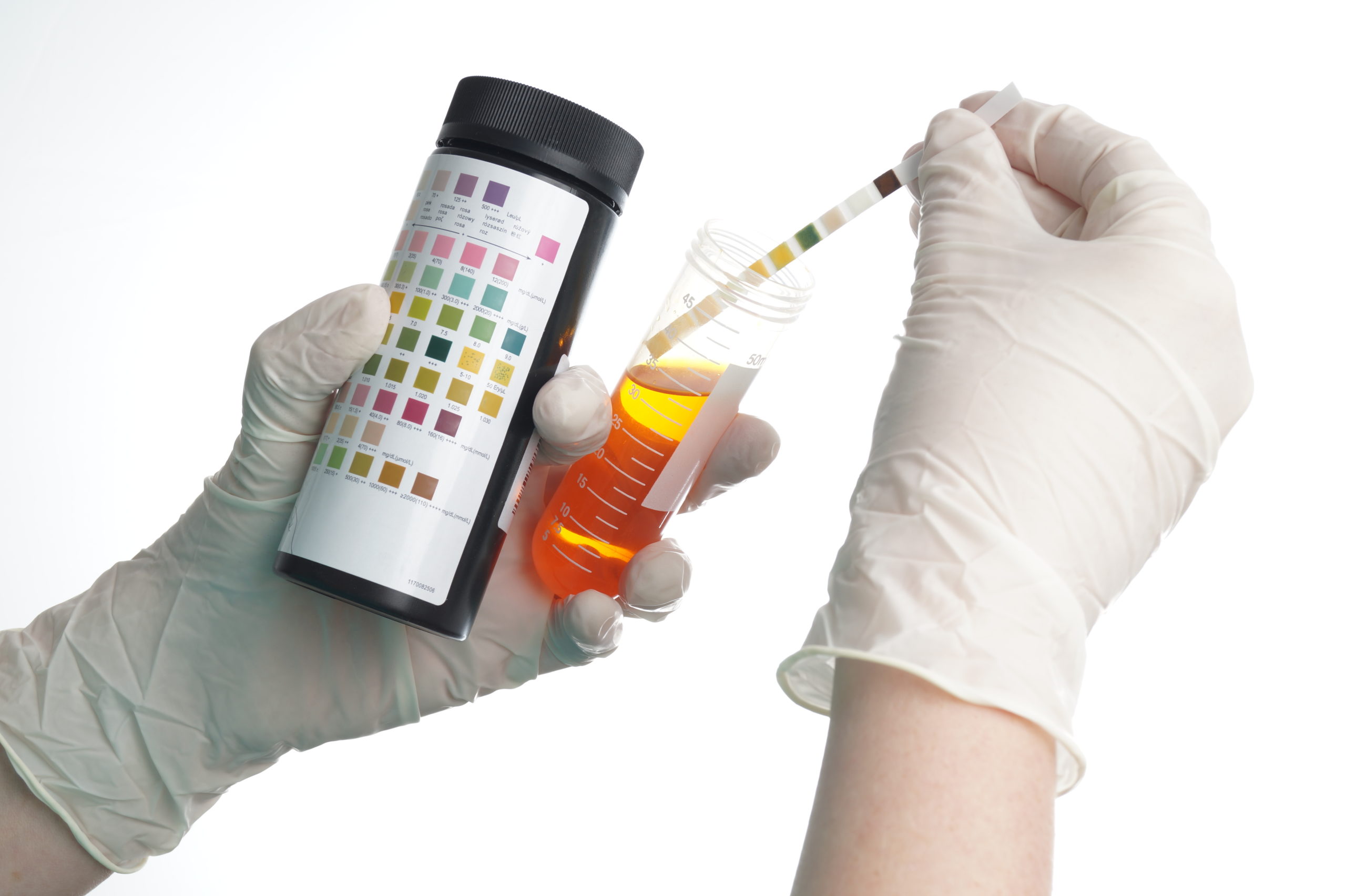
Proteinuria means elevated levels of protein in the urine.
How to check for protein in urine. It is not a disease, but a sign that the kidneys are not correctly filtering blood,. Laboratory testing is the only reliable way to detect protein in the urine, which is why some people are offered regular tests for it (see below). Kidney and cardio vascular diseases, cancers.
Normally, you should have less than 150 milligrams (about 3 percent of a teaspoon) of protein in the urine per day. When your urine has a lot of protein in it, the test strip used in a urinalysis changes color. What causes protein in the urine?
Healthy kidneys produce very little. Protein in the urine can cause breathing difficulties and significant fatigue. Because protein in urine can be.
By mayo clinic staff. To confirm proteinuria, or too much protein in your pee, your doctor may do a urine test (urinalysis). Tests to identify protein in urine are critical for diagnosing and screening for diseases of the kidneys or other conditions affecting kidney function.
How much protein in your urine is normal? Your doctor may order this. Having more than 150 milligrams per day is.
They will look at the pee under a microscope to check for things that might. Why is the test ordered? What does protein in the urine mean?
The result is high protein levels in urine, known as. Urinary protein biomarkers are useful for diagnosis of many conditions: Protein in urine (proteinuria) definition.
The presence of protein in the urine can act as. A urine protein test measures the amount of protein in a. The total protein test is a urine or blood test that assesses protein levels in the body.
If your kidneys aren’t functioning correctly, the protein can leak into your urine. This involves dipping a specially treated paper strip into a sample of urine. A protein in urine test can help you find kidney damage early so you can make changes to protect your kidneys.
A urine test for protein is a diagnostic tool healthcare providers use to measure the amount of protein in your pee (urine). If a urine test reveals protein in your urine, your health care provider may ask you to have more testing done. Proteinuria can cause nausea, and in some cases, vomiting may also occur.
